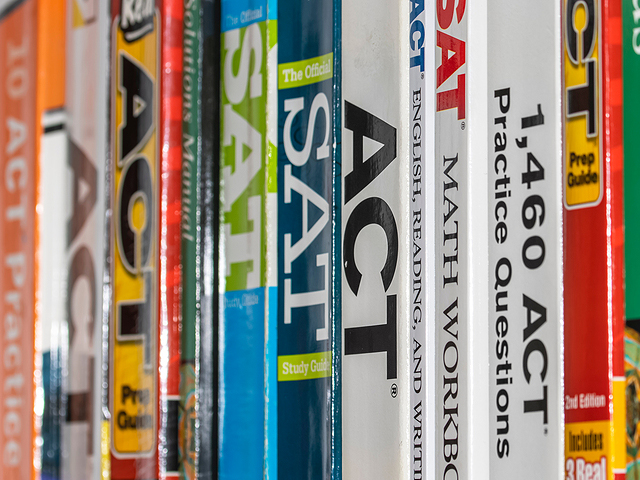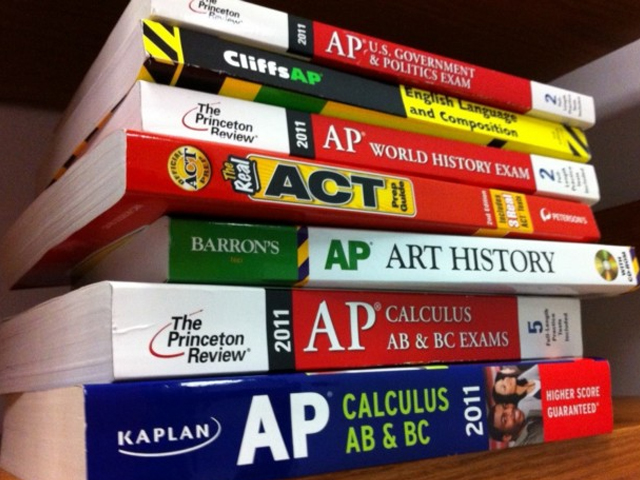
Learning lots and studying hard in high school is rewarding because it preps you for college-level classes. It is common practice at many post-secondary institutions that accepted students need to complete placement tests in a variety of subjects. Writing, Math, English and Reading tests are commonplace for college-level work in similar subjects. Take your placement tests seriously when the time comes. They can help you learn a lot about your areas of strength and places that need improvement.
A placement test is important. Sometimes, your results will indicate that you are eligible to skip certain introductory classes. Other times, they may indicate that you need to prepare extra to meet the class requirements. In these cases, your college will typically recommend the best route to take to stay on track. They may offer remedial courses to help you get prepared.
Remedial Courses, What’s That?
Catch-up courses including basic skills classes or development classes fall under the remedial courses category. They will not provide counting credits toward your degree; however, they can help you master your skills and improve in specific areas to ensure success with college-level coursework.
Save Money & Time
Of course, if remedial courses are not required for your college career, you will save money and time. You will be able to begin classes that you find interesting that count toward your future degree. This can help you save money on tuition and allow you to graduate on time.
There is no shame in taking remedial classes if they are required. It is much better to feel confident about your college-level courses and succeed instead of having to pay for them again because you did not pass.
Getting Prepared for College
What is the best strategy for avoiding remedial classes? Begin by speaking to your school counselor when you enter high school to gain some insight on which classes colleges are seeking. Next, take college-prep courses in different subjects. Of course, key subject matter like Math and English are necessary. However, colleges also value computer science, foreign languages, and others.
Additional Steps
Make sure that you are prepared for college by taking these additional steps:
- Maintain focus during your senior year. It can be tricky to juggle friends, sleep, part-time jobs and your studies; however, you will be better prepared for college if you can learn how to balance your schedule now.
- Give yourself enough time to complete your studies. You may need to let go of certain extracurricular activities if you find yourself exhausted or missing commitments.
- Pick challenging courses since this will mimic more of your college experience.
- See if your high school offers any courses in research, study skills, or notetaking. These can be very helpful for your upcoming college career.
- Don’t hesitate to seek help if required. If you notice you are struggling in a certain course, speak with your teacher or school counselor to get to the root of the issues and get caught up. If you procrastinate or feel ashamed asking for help, you may have dire consequences. It is perfectly acceptable to need help sometimes. This is what your teachers and counselors are here for.
- The work will be closer to what you’ll experience in college.











